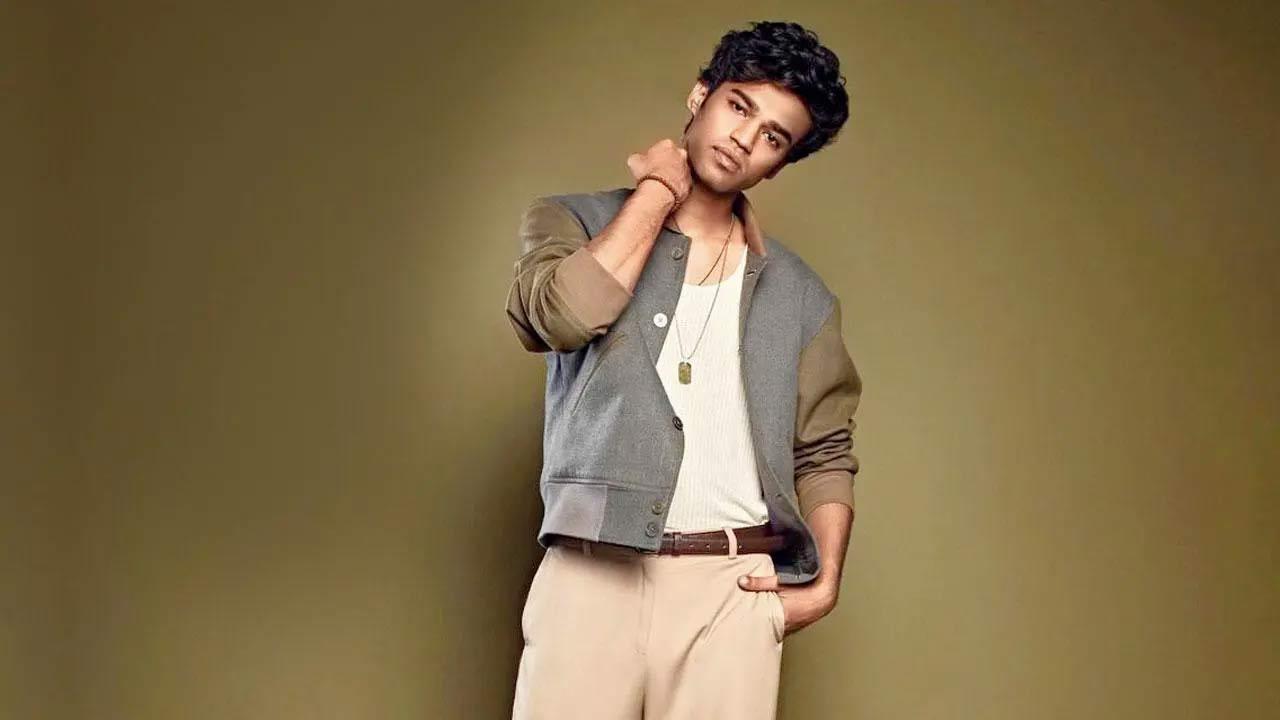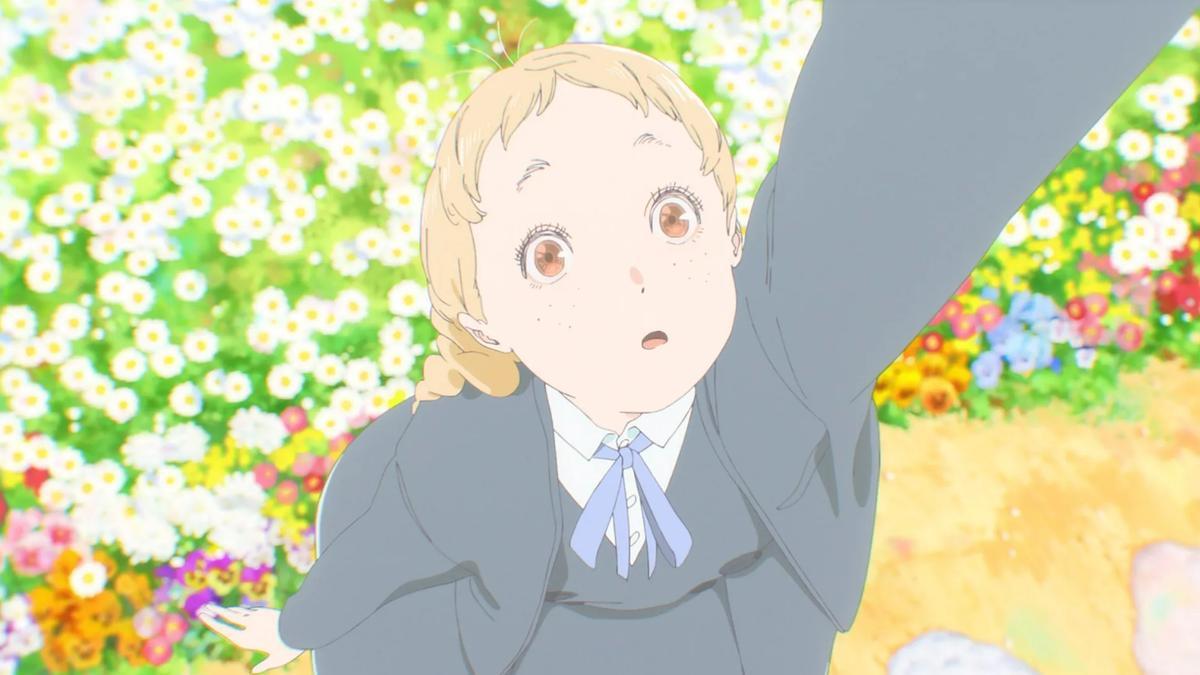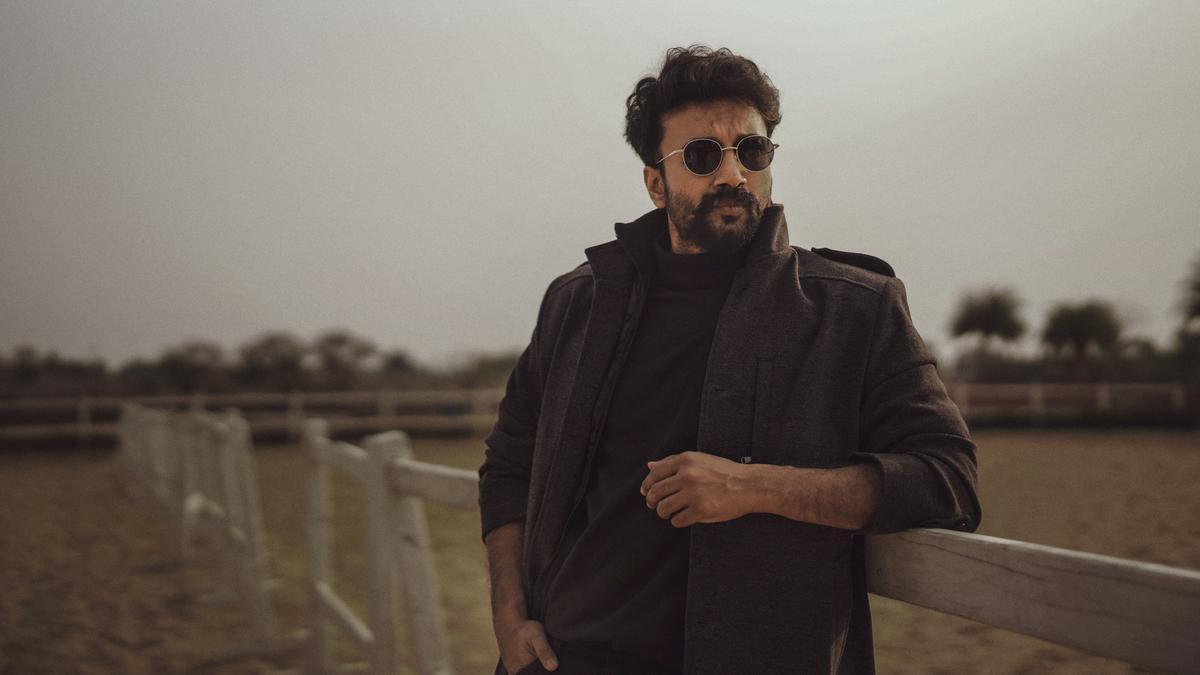
Filmmaker Jonathan Nolan has expressed a complex blend of emotions while embarking on the ambitious endeavor to bring the dystopian landscapes of the beloved video game series “Fallout” to life in a television format. As Nolan introduced the new show during its London premiere this past Thursday, his words conveyed a deep-rooted respect for the source material, admitting to feeling “intimidated” by the task at hand—a result of his longstanding admiration for the games.
The “Fallout” series, with a narrative established in a post-nuclear apocalypse environment, has captured the imaginations of gamers for years with its rich lore and immersive world-building. Translating such a complex universe into a compelling television narrative demands not only a profound understanding of the series’ intricate settings and characters but also discerning judgment to satisfy dedicated enthusiasts and newcomers alike.
The creative force behind this much-anticipated series is the partnership of Jonathan Nolan and his wife, Lisa Joy, whose prior success with “Westworld” is indicative of their storytelling prowess. The spirited couple’s enthusiasm for depth and novelty stand as promising precursors for this new venture. The UK Special Screening of “Fallout,” organized by Amazon MGM Studios & Prime Video, illuminated the Television Centre in White City, London. The event, adorned by the attendance of Kyle MacLachlan, Aaron Moten, Jonathan Nolan himself, Ella Purnell, and Walton Goggins among other notable figures, served as the ceremonious beginning of “Fallout’s” impending journey into the hearts and screens of viewers worldwide.
Set amidst the ruins of Los Angeles, 200 years subsequent to cataclysmic nuclear devastation, the show focuses on three central figures: the vault-dwelling Lucy MacLean played by Ella Purnell; the Brotherhood of Steel’s Maximus portrayed by Aaron Moten; and The Ghoul, a mutated bounty hunter brought to life by Walton Goggins. Their converging paths are woven into a narrative that is both true to the “Fallout” ethos and vividly reimagined for television.
Entrusted with both writing and directing the show’s initial trio of episodes, Nolan did not shy away from drawing parallels between the approach to the TV adaptation and the design of the games themselves. Each installment in the game series introduced a new narrative, a fresh cast of characters, and distinct settings while maintaining connections to the overarching universe. Similarly, the TV series presents a standalone story populated with original characters, all within the familiar, expansive realm that fans have come to revere.
Nolan’s filmography, which includes collaborative work with his brother Christopher Nolan on films like “Interstellar” and “The Dark Knight,” lends a disciplined cinematic eye to the creation of “Fallout’s” visual journey. The filmmaker’s childlike glee in “building all the creatures, building all the stunts, [and] the power armor…” echoes throughout his involvement, promising a tactile and visceral retelling of the post-apocalyptic adventure sure to capture the essence of “Fallout.”
Among the challenges of adaptation is the necessity to materialize a world that gamers have previously interacted with through their screens alone. This new narrative channel invites expansive scenes filled with practical effects, detailed set designs, and engaging action sequences, breathing life into the fallow wastelands that have gripped players’ imaginations. In “Fallout,” real-world locations and stunts will represent the otherwise digital constructs, leading to a tangibility that could elevate the storytelling experience.
The anticipation surrounding the launch of “Fallout” on Prime Video is palpable, with streams going live starting April 11. This project not only heralds a further blurring of lines between video games and television but marks a momentous occasion for the expansion of the “Fallout” universe into a novel medium. Fans across the globe are eager to witness how Jonathan Nolan and his team have embraced the enormity of their undertaking, converting the sprawling, interactive world into a serialized odyssey ripe for consumption in the golden age of television. For fans and newcomers alike, “Fallout” signifies not the end but a new beginning, an adaptation that promises to be as daring and captivating as the world it seeks to portray.










